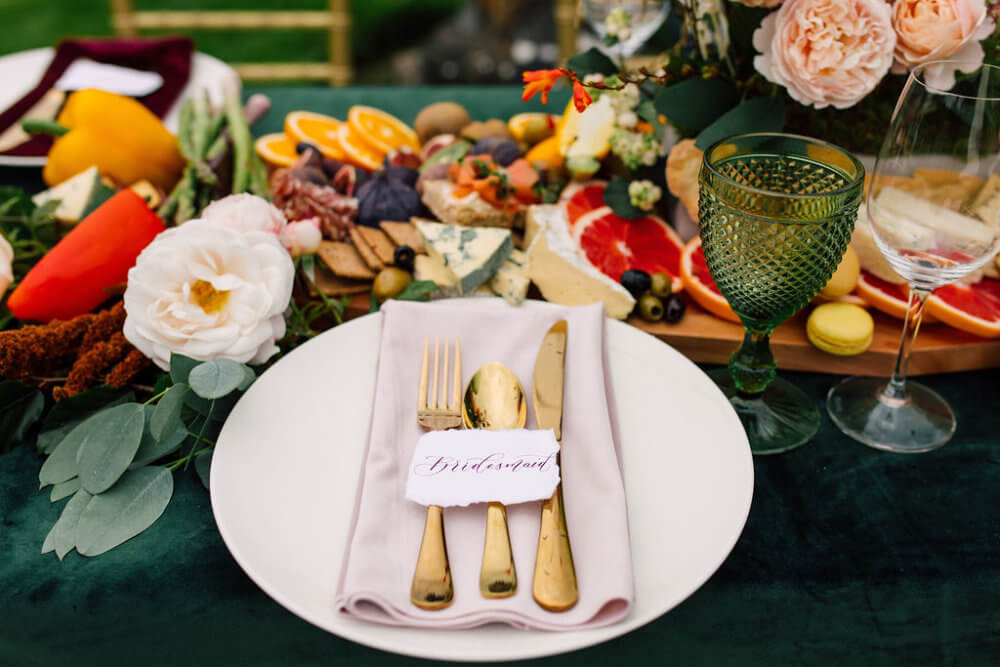
“What’s the difference between a wedding planner and a wedding coordinator?” “Isn’t the venue coordinator and on the day wedding coordinator the same thing?” “What does a wedding stylist actually do?” “What’s the difference between a wedding designer and a wedding planner?”
All really, really good questions as you dive back into your wedding planning process! This post is your definitive guide to once and for all answer these questions, so you can put together the best possible team to help you plan your dream wedding day. A thing to keep in mind: there’s a difference between the planning process and on the wedding day. And choosing the best people to serve these needs will help ensure a smooth planning process and relaxing wedding day you can actually enjoy!
What Is A Wedding Planner?
A wedding planner helps you literally plan your wedding. They focus on the logistics of the day and can help you with:
- determining and managing your budget
- finding and selecting the right vendors for your day
- helping you find the perfect location and venues
- communicating with your vendors throughout the proposal and contract process
- the in’s and out’s of getting married abroad and the legal paperwork needed
- general advice on wedding etiquette, organization, procedures, traditions, and more
- organizing your on the day schedule including detailed timelines and floor plans
- organizing transportation and hotel accommodations
A good wedding planner has you planning on a schedule and in your realistic budget, so you approach your wedding day confident and organized.
You’ll work with a wedding planner to help organize the details and functions of the wedding day, focusing on the logistical elements like contracts, payments, legality, timelines, and more. They can help with the rehearsal, after wedding BBQ, excursions, and more.
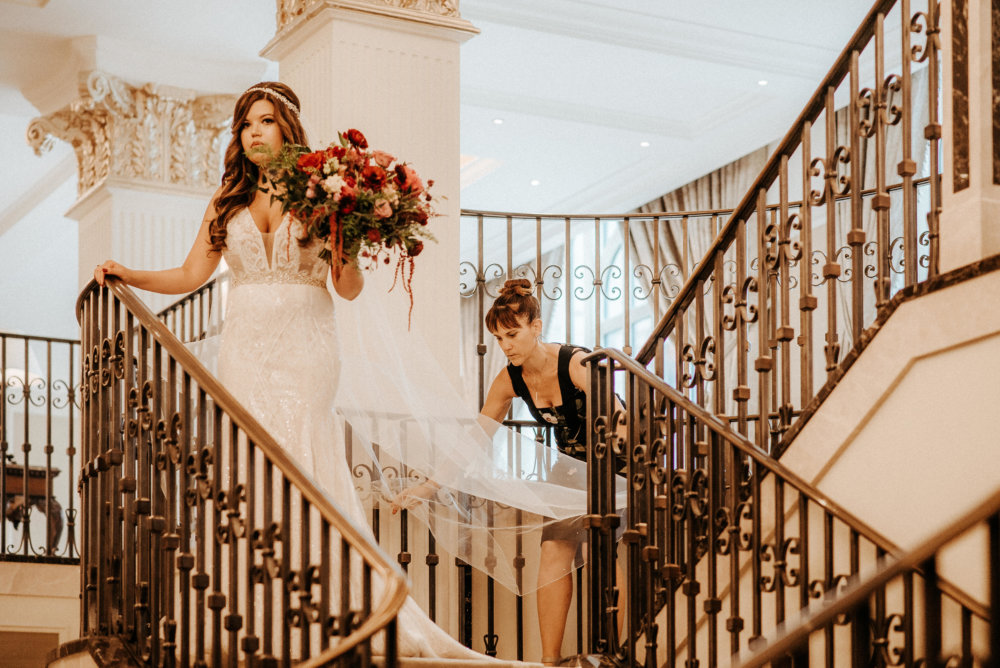
What Is A Wedding Coordinator?
A wedding coordinator focuses purely on supporting on the wedding day proper. Usually, a good wedding coordinator will take a hand a month or two before your wedding date. They will:
- review signed contracts for your vendors and venue
- acquaint themselves with the details and expectations of the day
- confirm the logistics and schedule for the wedding day
- receive the vendors on the day of your wedding and help organize them
- organizes your bridal party for the ceremony entrance
- help you on the day with your veil, your dress, pinning boutonnieres, etc.
- helps organize as needed throughout the day for pictures, sparkler sendoff, etc.
A wedding coordinator’s job is to basically quarterback the wedding day itself so you can relax and be an active participant.
They will field questions from any vendors or guests so you’re not bothered, will receive the vendors early in the morning at the venue location and help organize them. They will advise on anything needed, make sure everyone’s keeping on schedule (that includes you the couple, your bridal party, your guests, and your vendors!) and generally oversee that everything is going according to plan.
What they won’t do: manage contracts, recommend vendors or help you secure them (that’s what a planner does), they won’t style your tables, fold napkins, or set up photos for your photographer.
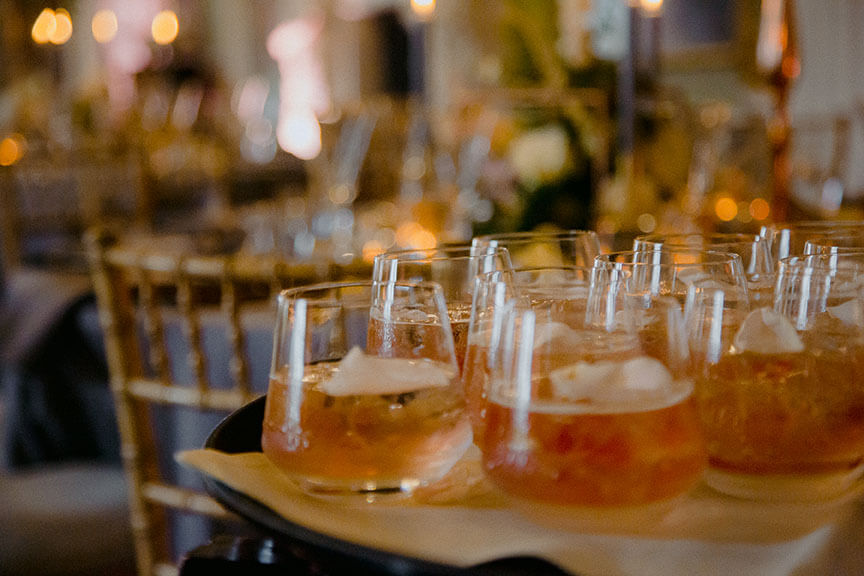
What is a Venue Coordinator?
There is a huge difference between a wedding coordinator and a venue coordinator: simply put, a wedding coordinator focuses on you the client and your wedding as a whole while a venue coordinator only focuses on details related to the venue. For example, if the hair and makeup team is late, a venue coordinator won’t be able to help you with that; while a wedding planner or on the day coordinator will be able to call them and find their ETA right away. Another example, the cutlery and glassware needs to be laid out on the tables — the venue coordinator will make sure that’s done.
Wedding coordinators and venue coordinators work in concert together to make sure the day runs as smoothly as possible.
Many couples mistake the word “coordinator” means overall-seeing for the wedding as a whole; that’s not true. A venue coordinator will play a huge role in your day, making sure that everything related to the venue itself and only the venue itself is functioning and on time. A wedding coordinator will have access and responsibility for all of the elements of your day, including your venue and beyond.
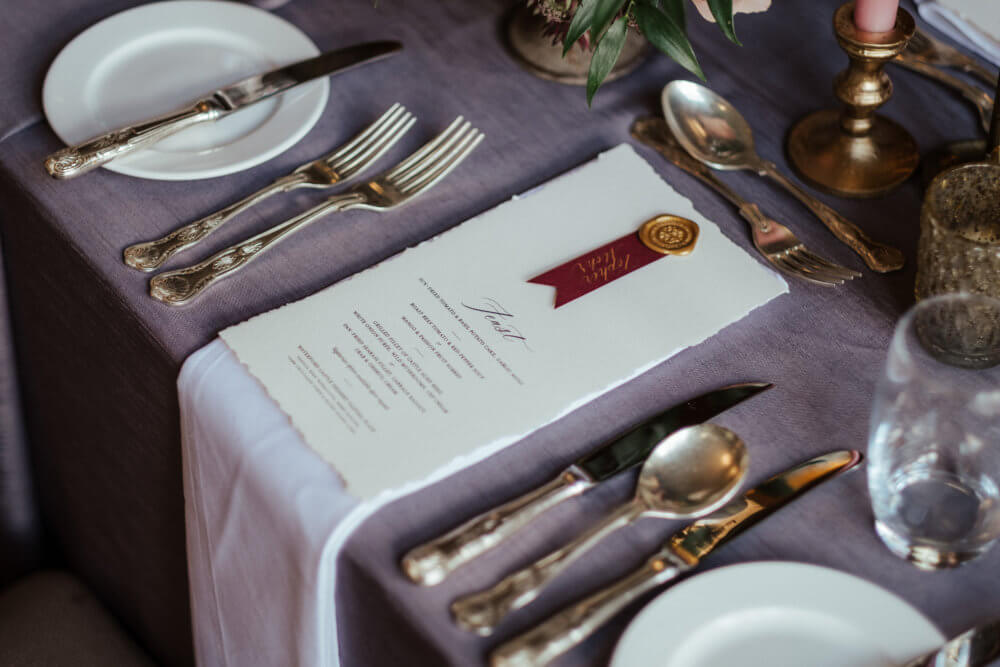
What Is A Wedding Designer?
A wedding designer is singularly focused on the aesthetics of your wedding day. Simply put: they make sure your wedding day looks good. A good designer has an eye for color, texture, balance, and is well versed in the different wedding styles in terms of decor and presentation. They should have a command of traditional and classical styles, be up to date with the latest trends, and be able to comfortably work within a variety of styles (traditional, modern, rustic, garden/botanical, boho, industrial, minimalist, scandi, etc.). They should be able to define and communicate in industry terms and be the translator between the lay-couple and the professional vendors. They should be open to your ideas but be confident to tell you if someone won’t work in your space or venue.
Whereas a wedding planner can be viewed as a contractor who will build your vision, the wedding designer is the architect.
A good wedding designer will have a command and good report with local vendors, rental companies, florists, and suppliers in your venue’s area. They should also be able to quickly recommend private vendors (like on Etsy) who can provide special items, and be creative in their process in translating your vision with what’s realistically feasible for your destination venue an budget.
The wedding designer will focus on how your wedding day will look:
- color palette
- defining a clear wedding style
- help define your wedding day’s vibe and mood
- advise on wedding stationary
- make sure the ceremony, reception, and bridal party looks are cohesive and expressive of your style
- work closely with you to create the perfect table setting look that’s in your budget
- help outsource items if need be
- carefully curate a look that perfectly defines your wedding’s style that’s in your budget
- help communicate with your vendors to make sure the look you’re going for is achieved
- organize photos, descriptions, and outline your wedding day details from flowers, tables, hair and makeup, and much more
- can advise on rehearsal dinners, outings, next day picnics, and more
What they won’t do: create contracts for vendors with you, execute any legal documents on your behalf (a planner does this!)
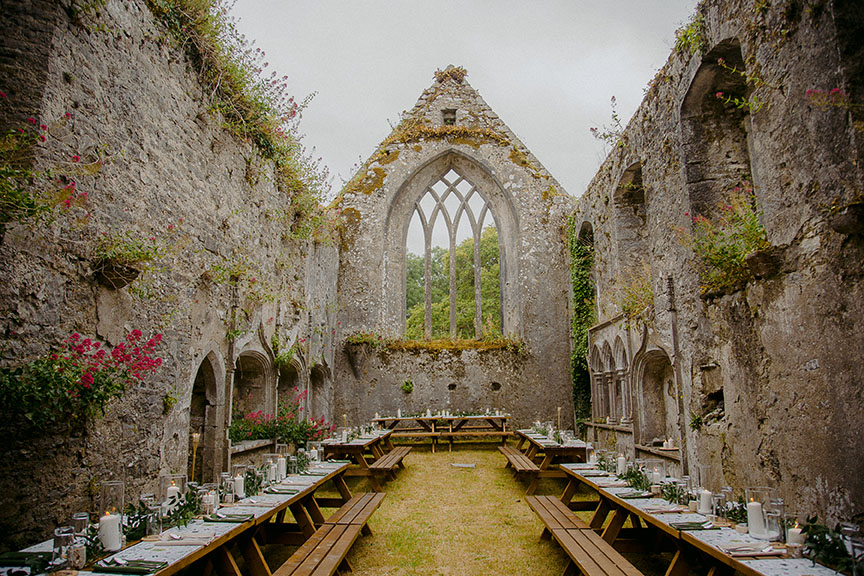
What Is A Wedding Stylist?
There’s a big difference between a wedding designer and a wedding stylist, similar to a wedding planner and coordinator: a wedding designer will focus primarily on the planning phase of your wedding (advising, curating, organize, helping source) while a stylist will be there physically on the day of your wedding to oversee the aesthetics of the day. A stylist will arrive early and work with the on the day wedding coordinator and venue coordinator. They will work and support the vendors where they need including:
- helping with flowers
- setting linens
- folding napkins
- arranging table settings — placement of menus, place cards, etc.
- setting up seating chart or escort card table
- style the cake or dessert table
- set up and style special displays
- work with the photographer for invitation suite shots, accessories, any particular shots the client or photographer want to capture
The wedding designer is the architect, and the stylist is the interior designer who helps put the finishing touches.
The stylist will ensure everything is looking and presenting cleanly and according to your planning notes to the best of their ability. They will work closely with the florist, venue staff, cake designer, and photographer to make sure everything looks great. If you are investing in a particular wedding look and want to make sure it’s executed perfectly, we highly recommend investing in an on the day stylist for your wedding day. Many couples assume a venue will look after these specific details and the reality is they are not equipped to do so — they are obligated to provide a classic of “default” presentation and many are not briefed to handle a more complex table setting style. For example, a simple folded napkin with simple menu is one thing, but if your look required a knotted linen napkin with ribbon detail — best to leave that under the supervision of a trained seasoned stylist.
Working Together As A Team
As weddings become more sophisticated and looks become more detailed, it’s really important to understand what your wedding needs truly are. If you are investing in specific rentals, colored napkins, specific themes and looks, it’s really important to appreciate the photos you’re using as inspiration in your research are 99.9% of the time curated, designed, and styled by a team of professionals. This gets more complicated with a higher guest count. This can easily overwhelm well-meaning venues and even vendors who sometimes bite off more than they can chew. It’s important to understand your specific wedding needs from a planning perspective as well as the needs on the day, and sincerely ask yourself how much you personally want to be responsible for decisions on the day. If don’t want to be asked about arrival time of the photographer, why the cake is late, what color candles to use, how you want the napkins folded, and if everyone is on schedule — best to look at the variety of wedding specialists who can confidently fill those voids so you can relax on the day and actually enjoy it.
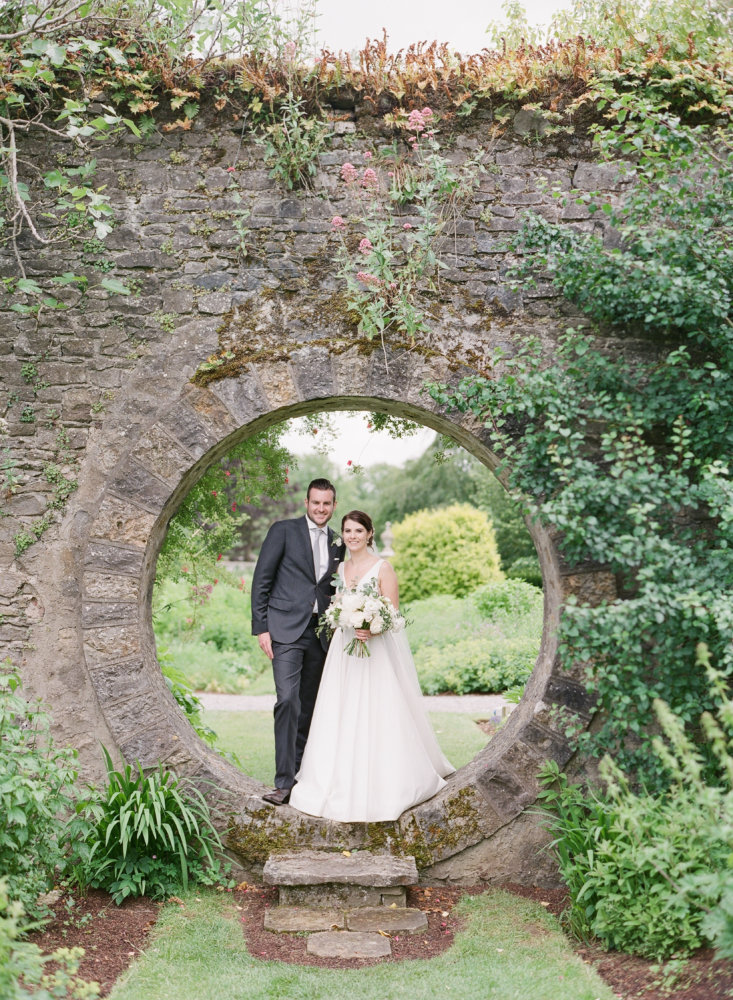
comments +